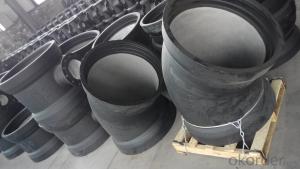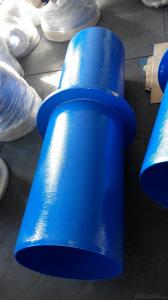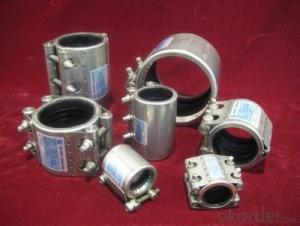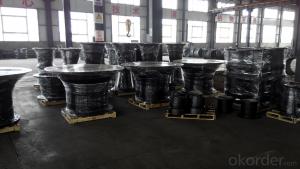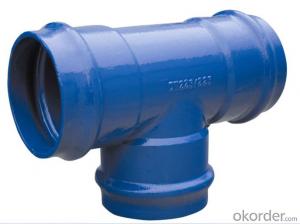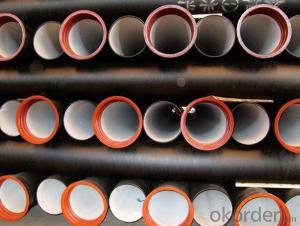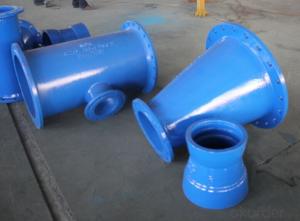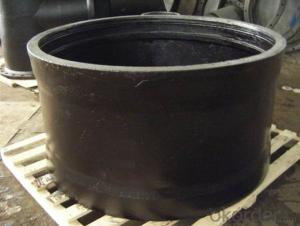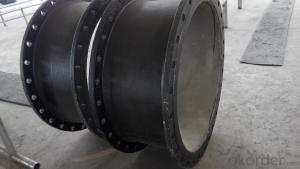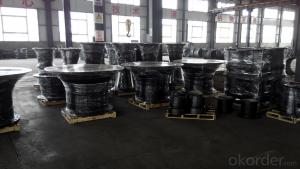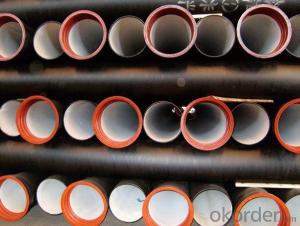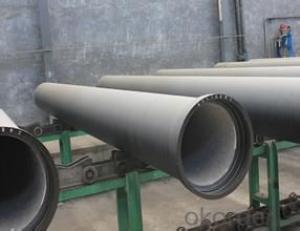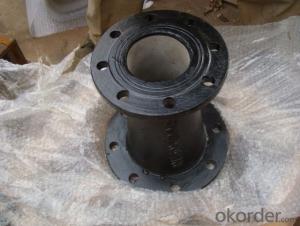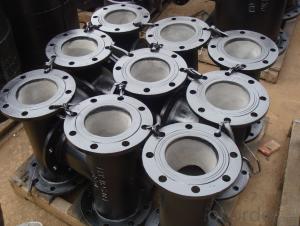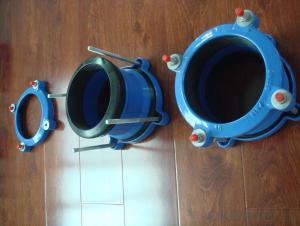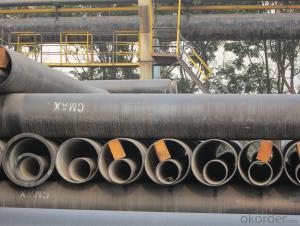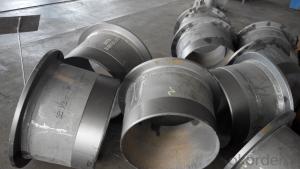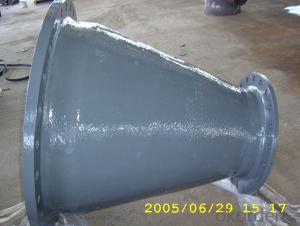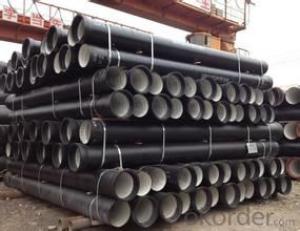All Categories
- - Steel Wire Rod
- - Steel Coils
- - Steel Profiles
- - Steel Pipes
- - Stainless Steel
- - Tinplate
- - Special Steel
- - Steel Sheets
- - Steel Rebars
- - Steel Strips
- - Hot Rolled Steel
- - Cold Rolled Steel
- - Pre-painted Steel
- - Seamless Steel Pipe
- - Welded Steel Pipe
- - Hollow Steel Tubes
- - Galvanized Pipe
- - Stainless Steel Coil
- - Stainless Steel Sheet
- - Stainless Steel Plate
- - Stainless Steel Strips
- - Electrolytic Tinplate Coil
- - Electrolytic Tinplate Sheet
- - Stainless Steel Rebars
- - Solar Panels
- - Solar Water Heater
- - Solar Related Products
- - Solar Inverter
- - Solar Cells
- - Solar Light
- - Solar Energy Systems
- - Solar Controllers
- - Solar Mounting System
- - Solar Pump
- - Solar Chargers
- - Fiberglass Chopped Strand
- - Fiberglass Mesh Cloth
- - Composite Pipes
- - FRP Pultrusion Profiles
- - Fiberglass Mat Tissue
- - Fiberglass Fabrics
- - Fiberglass Mesh
- - Composite Tank
- - Fiberglass Mesh tape
- - Polymer
- - FRP Roofing Panel
- - Fiberglass Roving
- - Monolithic Refractories
- - Ceramic Fiber Products
- - Refractory Bricks
- - Raw Materials For Refractory
- - Suspended Platform
- - Cranes
- - Concrete Machinery
- - Earthmoving Machinery
- - Building Hoist
- - Road Building Machinery
- - Plastic Pipe Fittings
- - Plastic Tubes
- - Plastic Sheets
- - Agricultural Plastic Products
- - Plastic Nets
 All Categories
All Categories
Q & A
How do you inspect ductile iron pipe fittings for internal defects?
To inspect ductile iron pipe fittings for internal defects, various non-destructive testing techniques can be employed. These techniques include visual inspection, liquid penetrant testing, magnetic particle testing, and ultrasonic testing. Visual inspection involves examining the fittings for any visible surface defects or irregularities. Liquid penetrant testing and magnetic particle testing are used to detect surface cracks and discontinuities by applying a liquid or magnetic particles that highlight these defects. Ultrasonic testing employs high-frequency sound waves to detect internal flaws by evaluating the reflection and transmission of the waves through the fittings. These inspection methods help ensure the quality and integrity of ductile iron pipe fittings.
Are there any limitations on the maximum or minimum flow capacities for ductile iron pipe fittings?
Yes, there are limitations on the maximum and minimum flow capacities for ductile iron pipe fittings. The flow capacities depend on various factors such as the size and type of the fitting, the pressure and velocity of the fluid, and the specific application requirements. These limitations are typically defined by industry standards and guidelines to ensure the safe and efficient operation of the piping system.
Are ductile iron pipe fittings suitable for use in wastewater pumping stations?
Yes, ductile iron pipe fittings are suitable for use in wastewater pumping stations. Ductile iron is known for its durability, corrosion resistance, and ability to handle high-pressure applications. These properties make it an ideal choice for the harsh and corrosive environment found in wastewater pumping stations. Additionally, ductile iron pipe fittings have the flexibility to adapt to various piping configurations, ensuring efficient and reliable wastewater flow.
What are the different types of plugs available for ductile iron pipe fittings?
There are several types of plugs available for ductile iron pipe fittings, including mechanical joint plugs, push-on plugs, flanged plugs, and threaded plugs. These plugs are designed to securely seal the openings in ductile iron pipe fittings and prevent leakage.
Wholesale Ductile Iron Pipe Fittings from supplier in Iraq
Whether you are looking for Ductile Iron Pipe Fittings for water distribution, sewerage systems, or industrial applications, we have a wide range of options to meet your specific requirements. Our product portfolio includes various fittings such as bends, tees, reducers, flanges, and valves, all made from high-quality Ductile Iron material.
At our company, we understand the importance of timely and efficient delivery. That's why we have established a robust supply chain network in Iraq, ensuring that our products reach you promptly and in excellent condition. We work closely with logistics partners to handle all aspects of transportation, customs clearance, and documentation, making the procurement process hassle-free for you.
Our dedicated sales team is always ready to assist you with any inquiries or technical support you may need. We can provide detailed product information, pricing, and customized solutions tailored to your project's specifications. With our expertise and experience in the Iraqi market, we can also offer valuable insights into local regulations, standards, and industry practices.
As a subsidiary of CNBM, we adhere to the highest quality standards and follow stringent quality control measures throughout our manufacturing process. Our products undergo rigorous testing to ensure they meet international standards and specifications. This commitment to quality ensures that you receive reliable and durable Ductile Iron Pipe Fittings for your projects in Iraq.
In summary, our company offers a comprehensive range of Ductile Iron Pipe Fittings, backed by the support of a Fortune Global 500 company. With our expertise, market presence, and commitment to quality, we are your trusted partner for all your Ductile Iron Pipe Fittings needs in Iraq. Contact us today to discuss your requirements and experience our seamless procurement services.
At our company, we understand the importance of timely and efficient delivery. That's why we have established a robust supply chain network in Iraq, ensuring that our products reach you promptly and in excellent condition. We work closely with logistics partners to handle all aspects of transportation, customs clearance, and documentation, making the procurement process hassle-free for you.
Our dedicated sales team is always ready to assist you with any inquiries or technical support you may need. We can provide detailed product information, pricing, and customized solutions tailored to your project's specifications. With our expertise and experience in the Iraqi market, we can also offer valuable insights into local regulations, standards, and industry practices.
As a subsidiary of CNBM, we adhere to the highest quality standards and follow stringent quality control measures throughout our manufacturing process. Our products undergo rigorous testing to ensure they meet international standards and specifications. This commitment to quality ensures that you receive reliable and durable Ductile Iron Pipe Fittings for your projects in Iraq.
In summary, our company offers a comprehensive range of Ductile Iron Pipe Fittings, backed by the support of a Fortune Global 500 company. With our expertise, market presence, and commitment to quality, we are your trusted partner for all your Ductile Iron Pipe Fittings needs in Iraq. Contact us today to discuss your requirements and experience our seamless procurement services.
Hot Search
- Ductile Iron Pipes in South Korea
- Ductile Iron Pipe Fittings in Tajikistan
- Ductile Iron Pipes in Turkey
- Ductile Iron Pipes in Albania
- Ductile Iron Pipe Fittings in America
- Ductile Iron Pipes in Algeria
- Ductile Iron Pipe Fittings in Mali
- Ductile Iron Pipe Fittings in Belarus
- Ductile Iron Pipes in Cyprus
- Ductile Iron Pipes in Colombia
